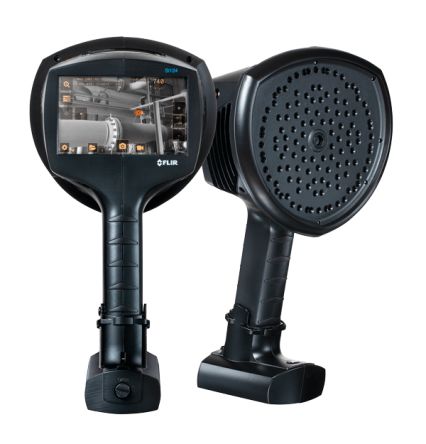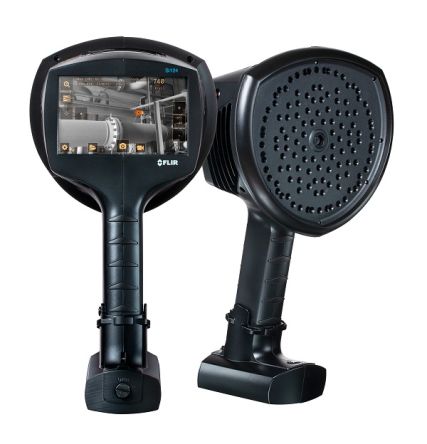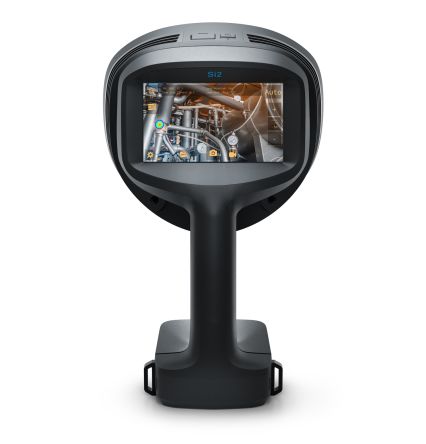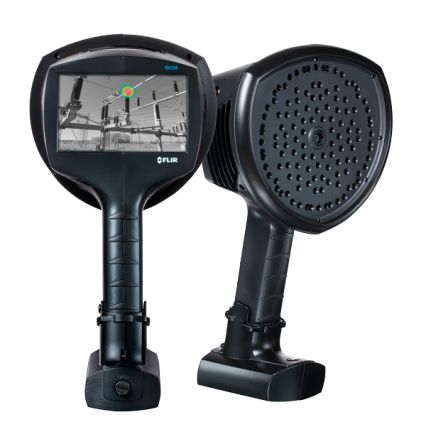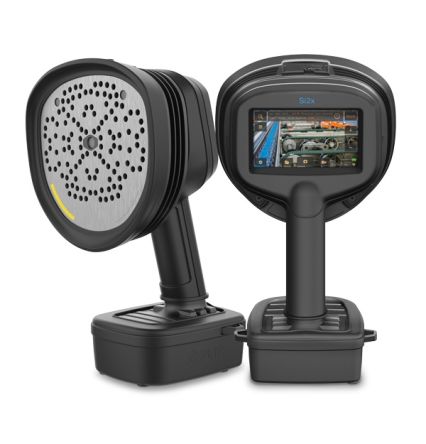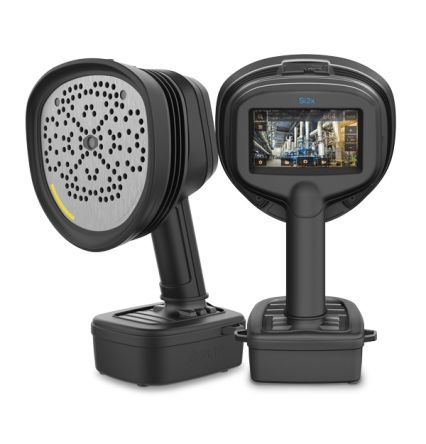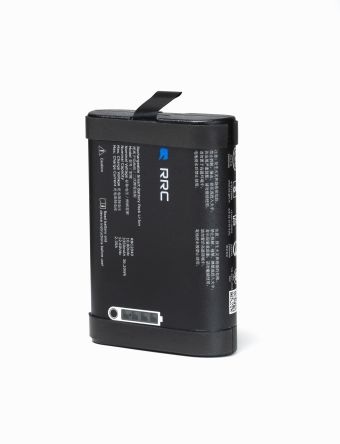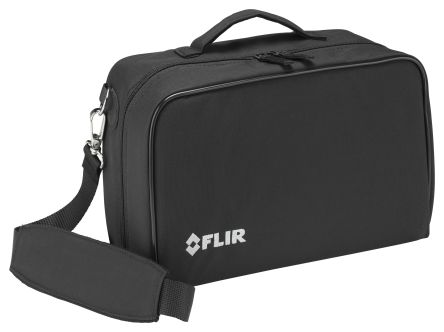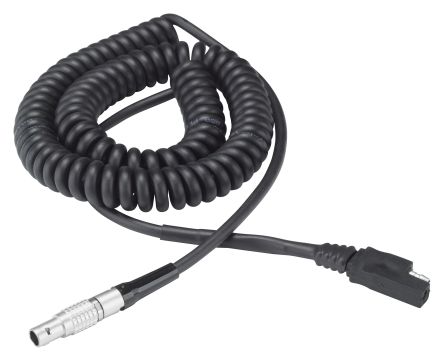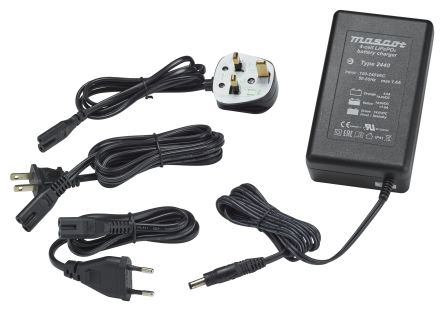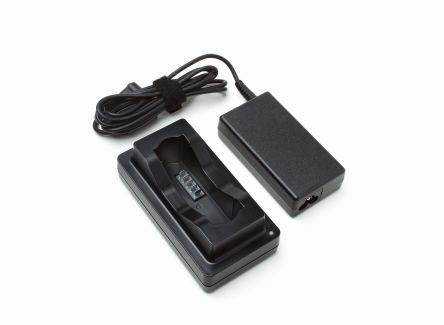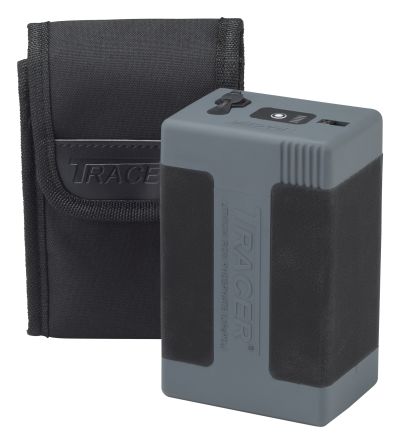- Automation & Control Gear
- Cables & Wires
- Enclosures & Server Racks
- Fuses & Circuit Breakers
- HVAC, Fans & Thermal Management
- Lighting
- Relays & Signal Conditioning
- Switches
- Batteries & Chargers
- Connectors
- Displays & Optoelectronics
- ESD Control, Cleanroom & PCB Prototyping
- Passive Components
- Power Supplies & Transformers
- Raspberry Pi, Arduino, ROCK, STEM Education & Development Tools
- Semiconductors
Flir Ultrasonic Leak Detectors
14 Products showing for Flir Ultrasonic Leak Detectors
1 of 1
Results per page
Popular Searches
Related links
- FLIR Si2-PD Ultrasonic Leak Detector, 5in Display
- FLIR Si2-LD Ultrasonic Leak Detector, 5in Display
- FLIR Si2-Pro Ultrasonic Leak Detector, 5in Display
- FLIR Si124-LD PLUS Ultrasonic Leak Detector, 5in Display
- SKF TKSU 10 Ultrasonic Leak Detector
- Beha-Amprobe ULD-420-EUR Ultrasonic Leak Detector, 2.5in Display
- Fluke ii900 Acoustic Imager, 7in Display
- Beha-Amprobe ULD-410-EUR Ultrasonic Leak Detector, 2.5in Display

